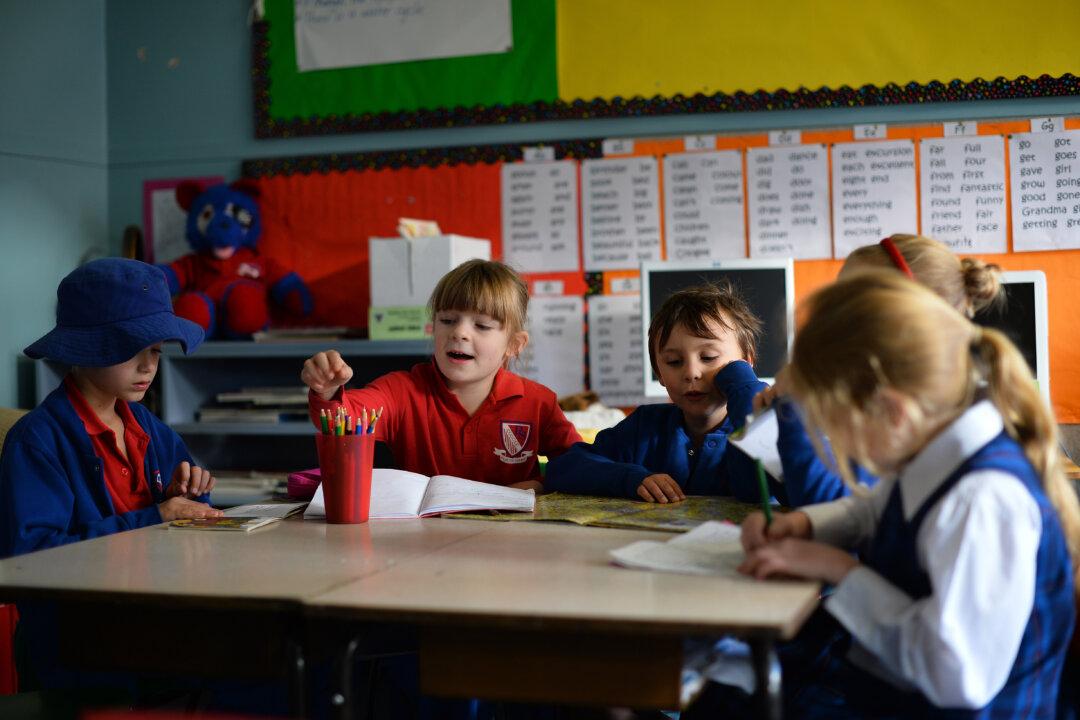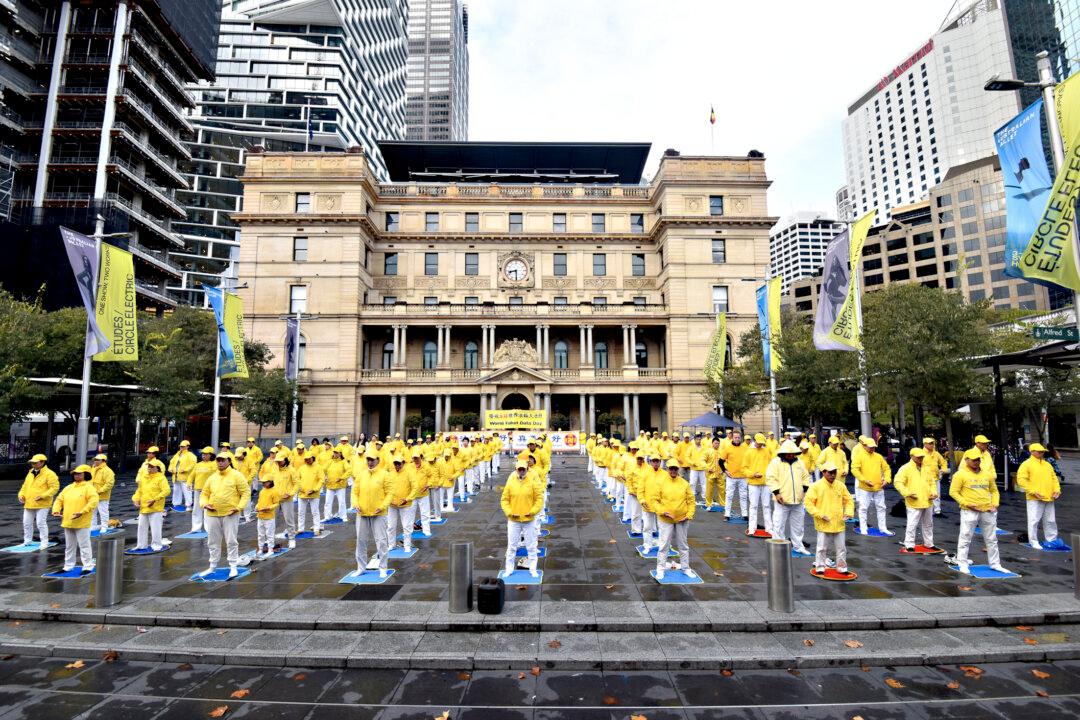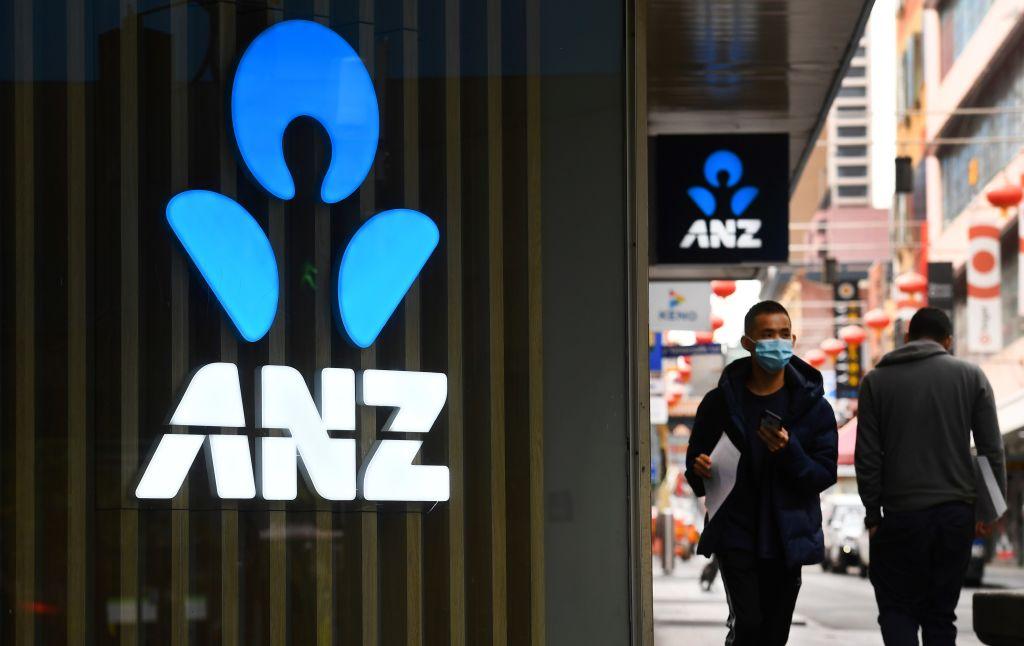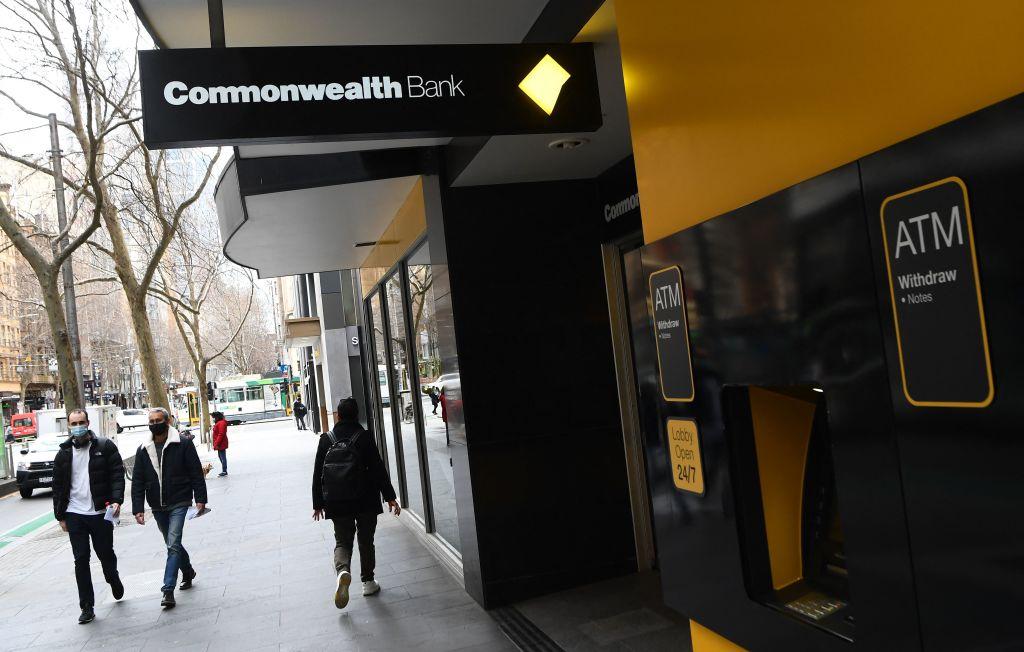Victorian government will ban school banking programs delivered by financial institutes in public schools from 2021, replacing them with government-led programs for financial literacy education. While welcomed by consumer advocates, politicians and financial institutions questioned the decision for taking away a decades-old option from schools and families.
In the announcement on Nov. 29, the Andrews government noted that there was little evidence to suggest school banking programs taught students lasting habits that improved financial literacy. They also cited serious concerns over banks predatory behaviour toward children from loyalty programs, the promotion of credit cards to primary school students, and unfairly low-interest rate that compromised the education around compound interest and saving money.





